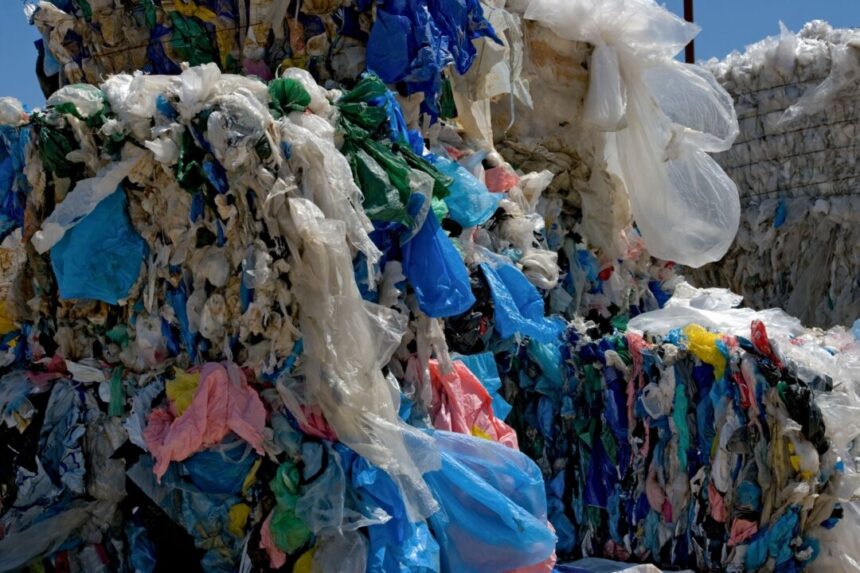The legislation signed by then-Gov. Jerry Brown prohibited stores from providing customers with thin, single-use plastic bags for groceries, allowing them to sell larger reusable bags for 10 cents each. Despite being marketed as environmentally friendly, the law ultimately failed to reduce plastic waste, as acknowledged by California lawmakers today.
State Sen. Catherine Blakespear admitted that California’s plastic bag ban did not work as intended, leading to a significant increase in plastic bag trash per capita. Similar results were seen in other states that implemented bag-banning strategies following California’s lead.
For example, New Jersey experienced a threefold increase in plastic consumption for grocery bags after implementing a ban on thin plastic bags. Consumers shifted to heavy-duty plastic bags, which require significantly more plastic and need to be used multiple times to offset their environmental impact.
The unintended consequences of policies like the plastic bag ban were highlighted by Dr. Shelie Miller, who warned of creating new environmental problems while attempting to solve existing ones. This echoes the economic principle of considering both the seen and unseen effects of policy decisions.
California lawmakers’ decision to expand the ban to all plastic grocery bags may reduce plastic trash in the short term but could lead to other negative consequences. Reusable bags require more maintenance and energy to produce and wash, potentially offsetting any environmental benefits.
The folly of overlooking secondary consequences in policymaking was emphasized by economist Frédéric Bastiat, who cautioned against focusing solely on immediate effects. California’s experience with the plastic bag ban serves as a reminder of the importance of economic humility and considering all potential outcomes before implementing policies.
Recent studies have indicated that plastic production is expected to double over the next fifteen years. This projection suggests that even with bans on plastic straws and lightweight grocery bags, the overall production of plastic will continue to rise.
It is important to consider the economic implications of implementing bans on plastic bags. While these bans may lead to a reduction in plastic waste, there are tradeoffs to consider. For example, consumers may need to invest time, energy, and money in maintaining reusable cotton shopping bags as a result of these bans.
In California, the implementation of such laws may result in consumers not properly maintaining their heavy tote bags, potentially leading to an increase in foodborne illnesses. It is essential to weigh the potential consequences of plastic bag bans and consider alternative solutions to address the growing issue of plastic pollution.





